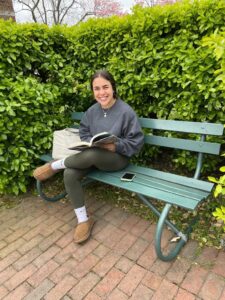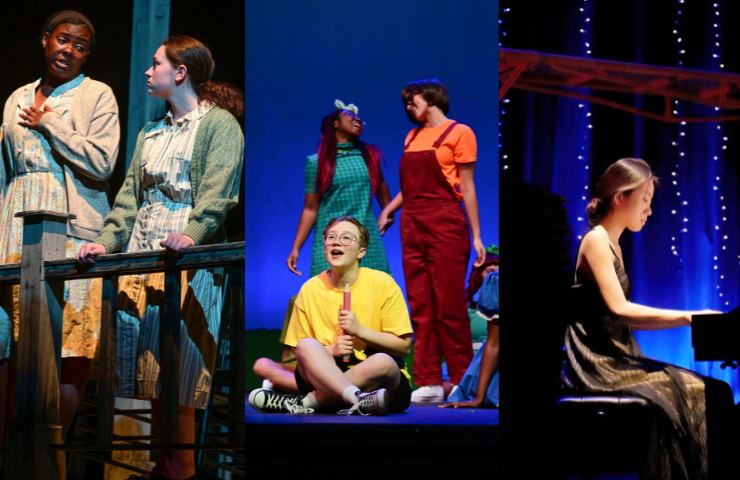

From Arts Department Head Mo West:
The theme for this year’s theatrical productions has been listening – how we listen and to what. I hoped to encourage students and audiences to listen carefully and ask questions that would ultimately lead them to discover their own answers. In striving to meet this goal, I also selected shows that could utilize different genres of theatrical staging in order to appeal to a diverse range of people, those who are more comfortable with tenets of realism and naturalism in addition to those who grasp the abstract staging practices of impressionism or surrealism.
 We began the season with the production of Lanford Wilson’s play The Rimers of Eldritch. This show was intended to make the audience listen closely in order to help them make sense of the non-linear plot line and the use of multiple vignettes in which themes of gossip and hypocrisy play prominent roles. I used impressionism because it is in keeping with Wilson’s writing that provides only glimpses of characters, allowing us individually to decide the identity of the people in Eldritch. My guiding questions in devising this production concept were, “How do we listen – from an objective or subjective perspective?” and “What do we choose to believe as truth from what we think we have heard?”
We began the season with the production of Lanford Wilson’s play The Rimers of Eldritch. This show was intended to make the audience listen closely in order to help them make sense of the non-linear plot line and the use of multiple vignettes in which themes of gossip and hypocrisy play prominent roles. I used impressionism because it is in keeping with Wilson’s writing that provides only glimpses of characters, allowing us individually to decide the identity of the people in Eldritch. My guiding questions in devising this production concept were, “How do we listen – from an objective or subjective perspective?” and “What do we choose to believe as truth from what we think we have heard?”

Our second show this season was the musical You’re A Good Man, Charlie Brown. The staging of this show employed conventions of magical realism and the inflated performance style of children’s theater. One of the challenges in producing this show is finding ways to protect cherished memories for adults while also finding ways to resonate with younger generations to create their own special remembrances. I wanted audiences to listen to the emotions of Charlie Brown as he experiences feelings of being misunderstood and not fully heard. But I also found myself asking the questions, “Why are there no adult characters?” and “Why isn’t it called You’re A Good Kid, Charlie Brown?” My answer was that Charlie represents all that is good in children that adults can see but the child doesn’t yet see in themselves. For this reason, I employed the help of Pippa Porter-Rex, dean of students, to play Miss Othmar, the teacher of Schulz’s comic strip, in an attempt to see how we are connected through our mutual experiences regardless of age, and be reminded of the impact we have on the lives of others and they on us.
Closing the season was our production of 33 Variations by Moisés Kaufman. Structured as multiple vignettes, much like The Rimers of Eldritch, that take place across time and place, this play raises some specific questions about issues such as art and inspiration, parents and children, and the impact of illness on an individual and the people who care for and support them. I staged this production using the tenets of surrealism, storytelling that takes place in a dreamlike, fantastic or incongruous atmosphere. Additionally, I employed conventions from reader’s theater to help delineate the biographical, informational aspects of the script from the interpersonal relationships of its characters. As with the fall show, I wanted to encourage audience members to derive their own meanings and feelings based on how they listened and which characters they heard most profoundly.
Overall, this season has surpassed my hopes and expectations. The creative and dedicated work of the students and my colleagues produced three beautiful productions of which I am proud and very grateful to have been able to share. The comments from audience members who remained for the talkbacks held after each performance were invaluable, and I know that the students and adults involved with each show listened carefully to those responses and learned a great deal from them. Speaking personally, I believe that listening is something we often think we are doing; careful, open listening is something that can always be improved on, and in doing so we are led to deeper revelations about ourselves and others. For me, this is the value of educational theater and the arts.



 Monastir, Tunisia, and Amman, Jordan
Monastir, Tunisia, and Amman, Jordan Irvine, CA
Irvine, CA Feasterville-Trevose, PA
Feasterville-Trevose, PA New Hope, PA (Previously NYC)
New Hope, PA (Previously NYC) Richboro, PA
Richboro, PA Englewood, NJ
Englewood, NJ Ningbo, Zhejiang, China
Ningbo, Zhejiang, China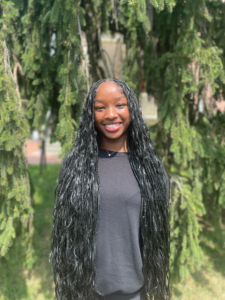 Willingboro, NJ
Willingboro, NJ Yardley, PA
Yardley, PA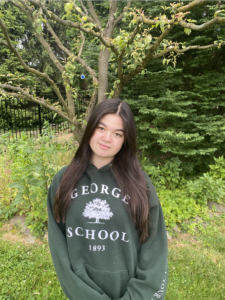 Newtown, PA
Newtown, PA Holicong, PA
Holicong, PA Newtown, PA
Newtown, PA Hamilton, NJ
Hamilton, NJ Yardley, PA
Yardley, PA Lambertville, NJ
Lambertville, NJ Chongqing, China
Chongqing, China Pennington, NJ
Pennington, NJ Yardley, PA
Yardley, PA Bensalem, PA
Bensalem, PA Borgota, Colombia
Borgota, Colombia Newtown, PA
Newtown, PA Burlington, NJ
Burlington, NJ Langhorne, PA
Langhorne, PA Princeton, NJ
Princeton, NJ Langhorne, PA
Langhorne, PA New York City, NY
New York City, NY New Hope, PA
New Hope, PA St. Catharines, Ontario, Canada
St. Catharines, Ontario, Canada Providenciales, Turks and Caicos Islands
Providenciales, Turks and Caicos Islands Willingboro, NJ
Willingboro, NJ Princeton, NJ
Princeton, NJ
 Newark, NJ
Newark, NJ Trenton, NJ
Trenton, NJ Newtown, PA
Newtown, PA
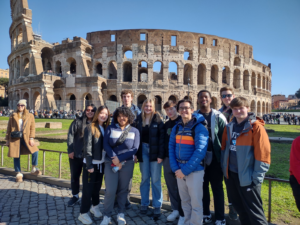








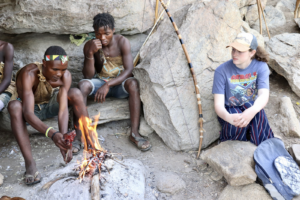
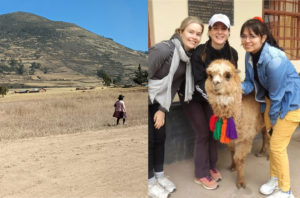




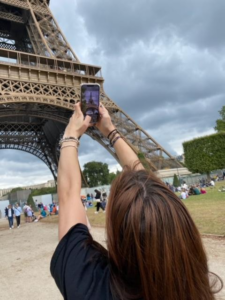
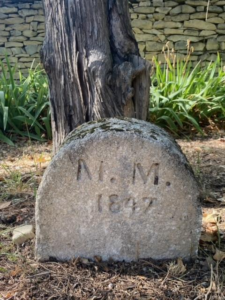
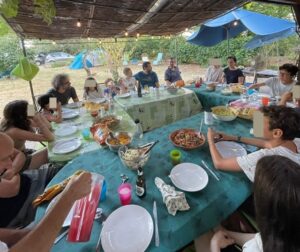
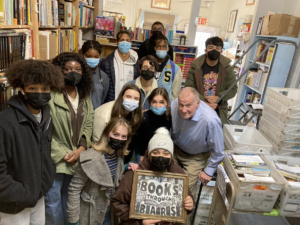
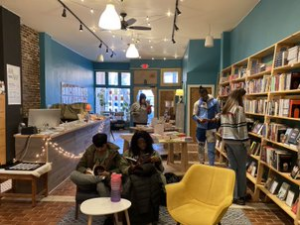
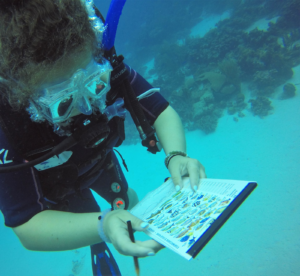


 Lawrence, NJ
Lawrence, NJ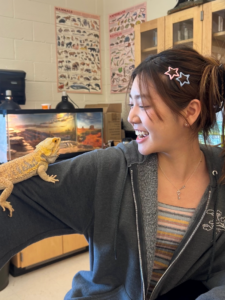 Seoul, South Korea
Seoul, South Korea
 Milwaukee, Wisconsin
Milwaukee, Wisconsin Pennington, NJ
Pennington, NJ Jenkintown, PA
Jenkintown, PA Ottsville, PA
Ottsville, PA Yardley, PA
Yardley, PA Providenciales, Turks and Caicos Islands
Providenciales, Turks and Caicos Islands Hopewell, NJ
Hopewell, NJ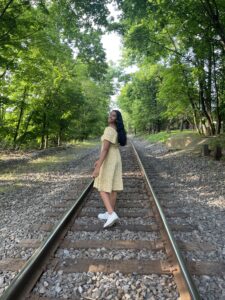
 Pottstown, PA
Pottstown, PA Playa del Carmen, Quintana Roo, México
Playa del Carmen, Quintana Roo, México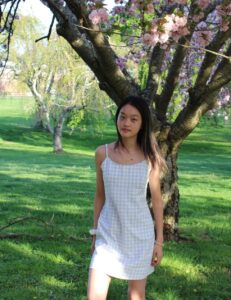 Shanghai, China
Shanghai, China Beijing, China
Beijing, China Yardley, PA
Yardley, PA Beijing, China
Beijing, China Holland, PA
Holland, PA Langhorne, PA
Langhorne, PA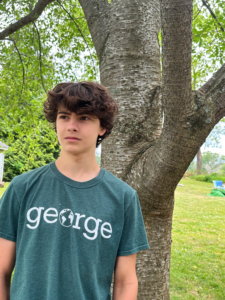 Ringoes, NJ
Ringoes, NJ New Hope, PA
New Hope, PA Dreshner, PA
Dreshner, PA Yardley, PA
Yardley, PA Yardley, PA
Yardley, PA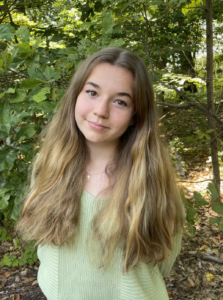 PA
PA


 Xi’an, China
Xi’an, China
